Poland-based Proteon Pharmaceuticals and Skretting set out to broaden the fish health management toolbox
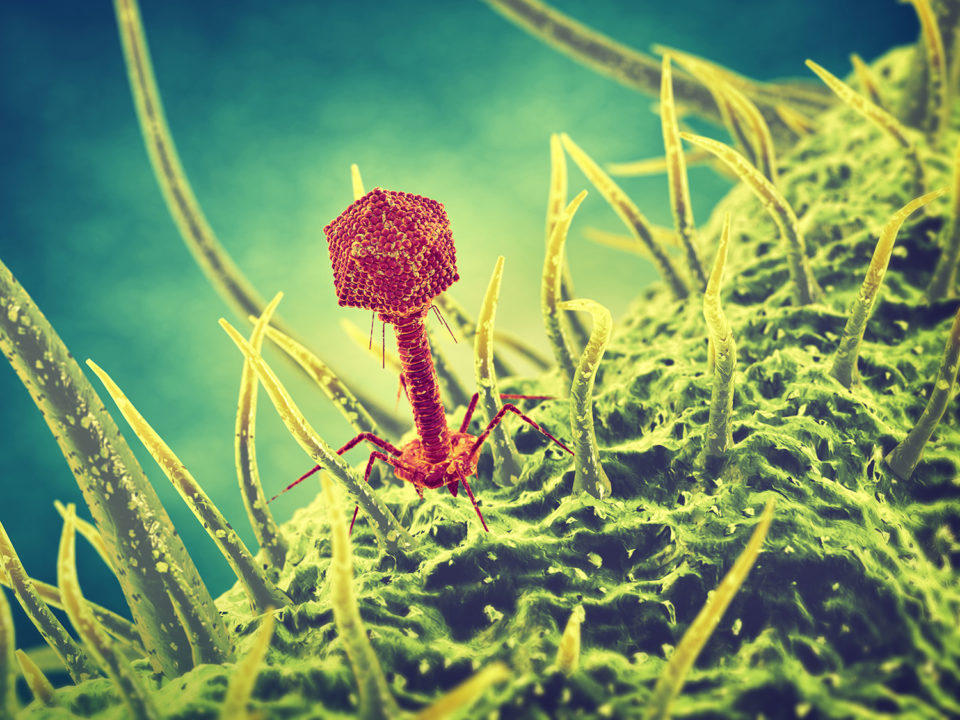
Fish health and welfare in aquaculture could soon get assistance from the most abundant organism on the planet, if a new alliance between aquafeed giant Skretting and Poland-based Proteon Pharmaceuticals nets its intended result.
Proteon COO Matthew Tebeau told the Advocate that a strategic partnership with Skretting, announced today, would showcase the enormous potential impact of bacteriophages, or just phages (naturally occurring viruses that target specific bacteria) on the health of farmed animals and on the environment.
“Phages naturally control bacteria in the environment and modulate the microbiome [present in live animals]. A healthy microbiome is critical to proper aquaculture,” Tebeau said.
Initially the two companies will collaborate to isolate specific strains of Vibrio bacteria in order to configure what Proteon calls the proper “bacteriophage cocktail” that can target and infect them. Vibrios are prevalent in aquaculture environments worldwide and are a factor in many infectious diseases that can cost producers severe losses. For instance, the Early Mortality Syndrome (acute hepatopancreatic necrosis disease, AHPND) disease that slashed global farmed shrimp production by up to one-third, within the past decade, was introduced by a Vibrio bacteria.
Tebeau said the process of developing a cocktail for specific aquaculture disease coverage requires a blend of technologies, like genomics, biotechnological engineering, bioinformatics and artificial intelligence. Proteon’s technology platform, which has taken 13 years to develop, identifies individual bacteriophages in the resulting cocktails “always work better together,” he added. “Delivering large numbers of specific ones can modulate the environments in aquaculture, with no residues or chemicals.” Proteon is part of the Aqua-Spark portfolio of companies and already has products on the market for the poultry and dairy industries.
Means of delivery, and aquaculture industry expertise, is what Skretting brings to the table. Truls Dahl, Business Developer Health and Specialities at Skretting (a Nutreco company), said he hopes the venture will expand the company’s roster of functional-feed offerings and eventually reduce industry dependency on antibiotics.
“We see this as an exciting and novel way to expand on our strategy of driving sustainability,” he said. “Health is a limiting factor for aquaculture, which needs a broad toolbox to combat [disease], including an integrative approach to health management.”
Dahl said any tool, antibiotics included, must be administered with good husbandry and hygiene practices. “It’s important to offer medicated feeds in a responsible way, when animals are sick, as it’s their right to get treatment. But our main focus is on proactive solutions that can [prevent] disease. Functional feeds can be very effective,” Dahl added.
Bacteriophages are naturally occurring organisms, omnipresent in virtually every environment. It is estimated that there are 1031 phages on the planet, more than every other organism on Earth combined, including bacteria. Each phage evolves to infect only one type, or a few types, of bacteria. They essentially commandeer the bacteria’s reproductive mechanisms in order to replicate.
https://www.aquaculturealliance.org/advocate/early-stage-diet-innovator-secures-aqua-spark-investment/
That such a solution is now being dutifully explored for aquaculture represents a big “change in mentality” for the industry, said Tebeau.
“[Skretting] has a great platform for delivering a message into the market, which is; we’re trying to prevent disease,” he added. “Antibiotics are used to treat disease, but they are not a panacea. Vaccines can be effective. Phages also have a place, as a tool to create healthy microbiomes around the animals. They could have huge sustainability impact as well. If we proactively manage health better – which is historically quite difficult – we can reduce loss. How many fry and fingerlings die early on in the process? It’s a huge capacity challenge, around the amount of loss in the cycle.”
There is no specific target date for market release for any product, but it will likely take a couple of years: Tebeau said the process has a long-term outlook. While solutions could include water-body applications, the first product to market will likely be a feed additive. Oral-delivery solutions are crucial for fish health and keeping costs down, particularly in the ocean, said Dahl.
“As a feed company, we are interested in the feed application route, of course. This will be the only practical solution for open cage farm,” he added. “But at this stage we are holding all options open and we will explore both in feed administration and water-body applications.”
Follow the Advocate on Twitter @GAA_Advocate
Now that you've reached the end of the article ...
… please consider supporting GSA’s mission to advance responsible seafood practices through education, advocacy and third-party assurances. The Advocate aims to document the evolution of responsible seafood practices and share the expansive knowledge of our vast network of contributors.
By becoming a Global Seafood Alliance member, you’re ensuring that all of the pre-competitive work we do through member benefits, resources and events can continue. Individual membership costs just $50 a year.
Not a GSA member? Join us.
Author
-
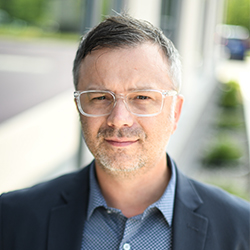
James Wright
Editorial Manager
Global Aquaculture Alliance
Portsmouth, NH, USA[103,114,111,46,101,99,110,97,105,108,108,97,101,114,117,116,108,117,99,97,117,113,97,64,116,104,103,105,114,119,46,115,101,109,97,106]
Tagged With
Related Posts
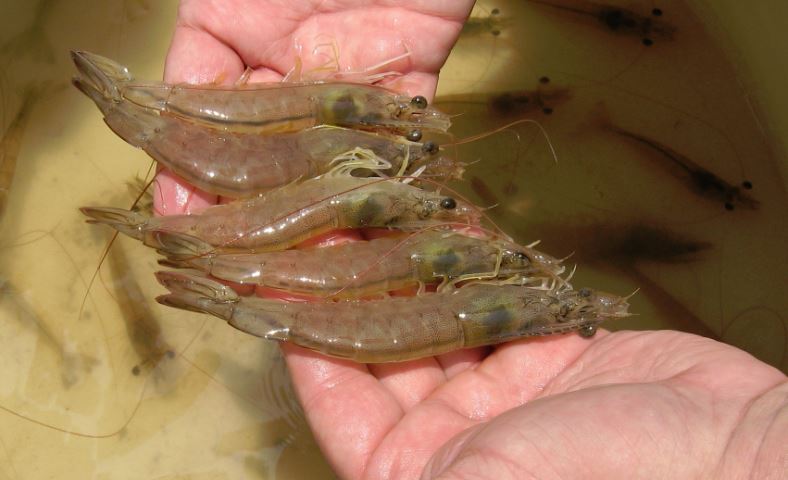
Health & Welfare
Potential applications of bacteriophages for AHPND control
Study demonstrates that isolated phages tested are effective in controlling AHPND infection in farmed penaeid shrimp and inhibiting bacterial growth.
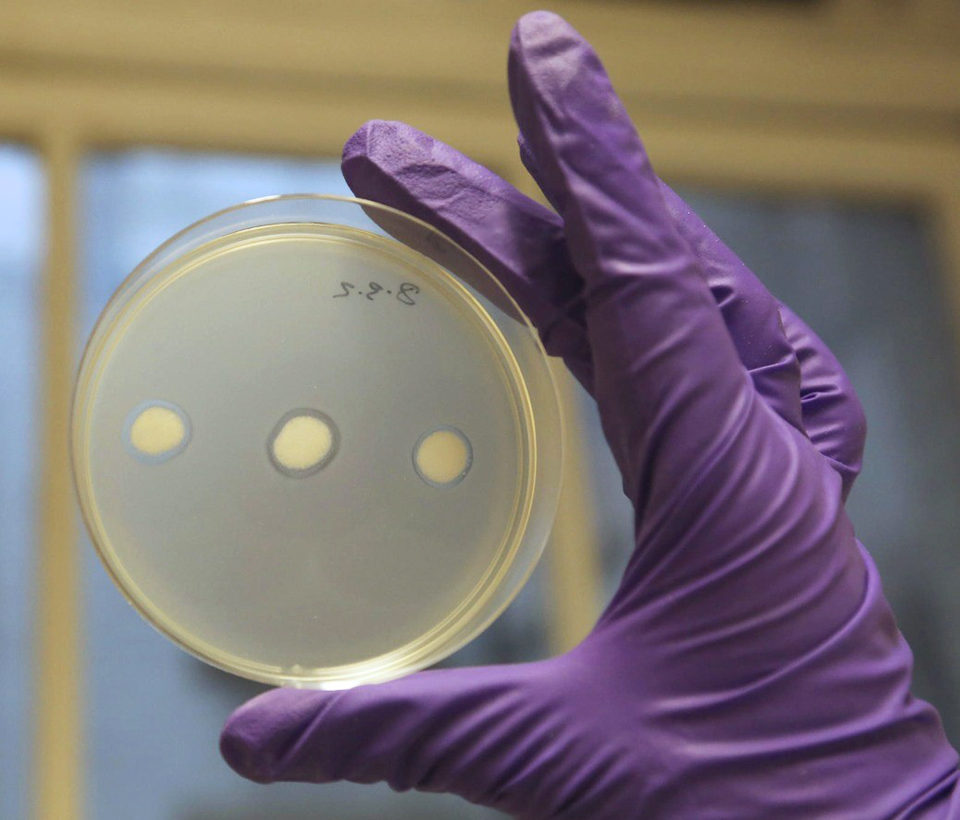
Innovation & Investment
Scottish firm honing bacteriophages into aquaculture-disease assassins
Scottish biotech firm Fixed Phage aims to bottle the powers of bacteriophages to deploy these “bacteria killers” on some of the world’s most destructive aquaculture diseases.
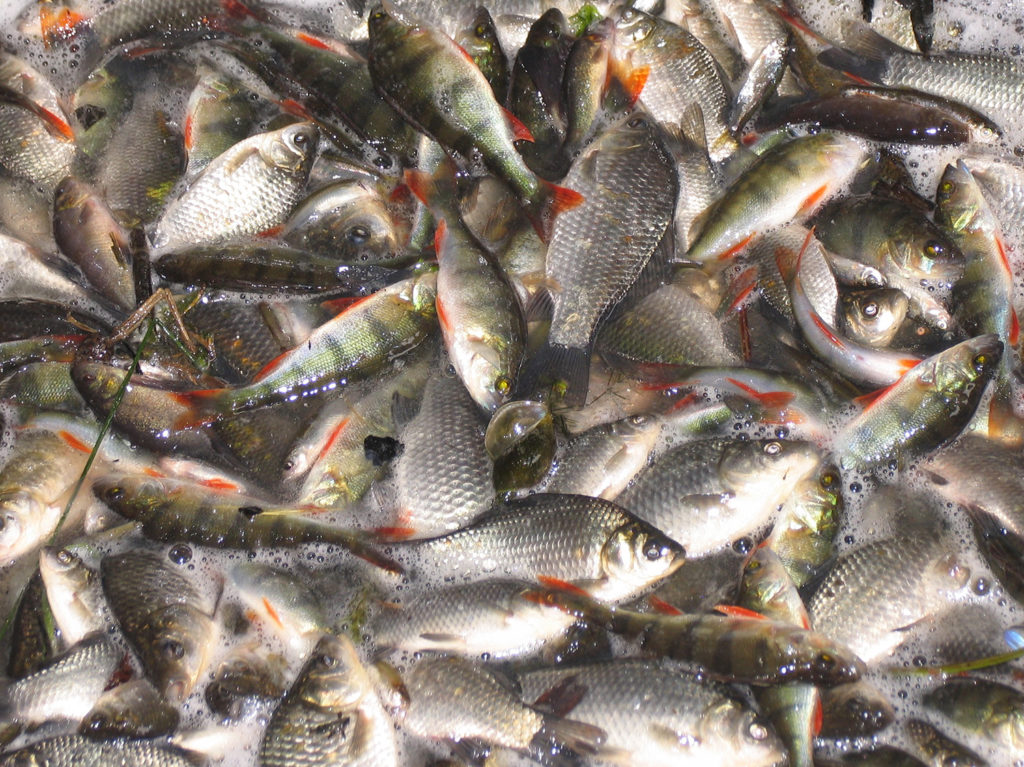
Health & Welfare
Global trends in antimicrobial use in aquaculture
Estimating global trends in antimicrobial use in aquaculture in 2017 and 2030 to help target surveillance efforts and antimicrobial stewardship policies.
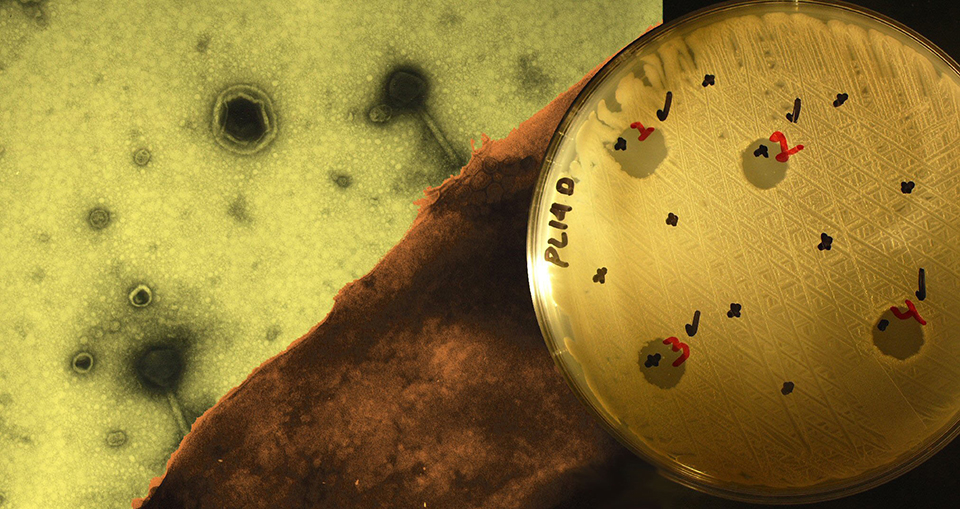
Responsibility
Phage therapy provides targeted bacteria treatment
The use of phages is an alternative to antibiotics in the control of pathogenic bacteria. Phage therapy offers low-cost, low-toxicity treatment and quick bactericidal effects.

